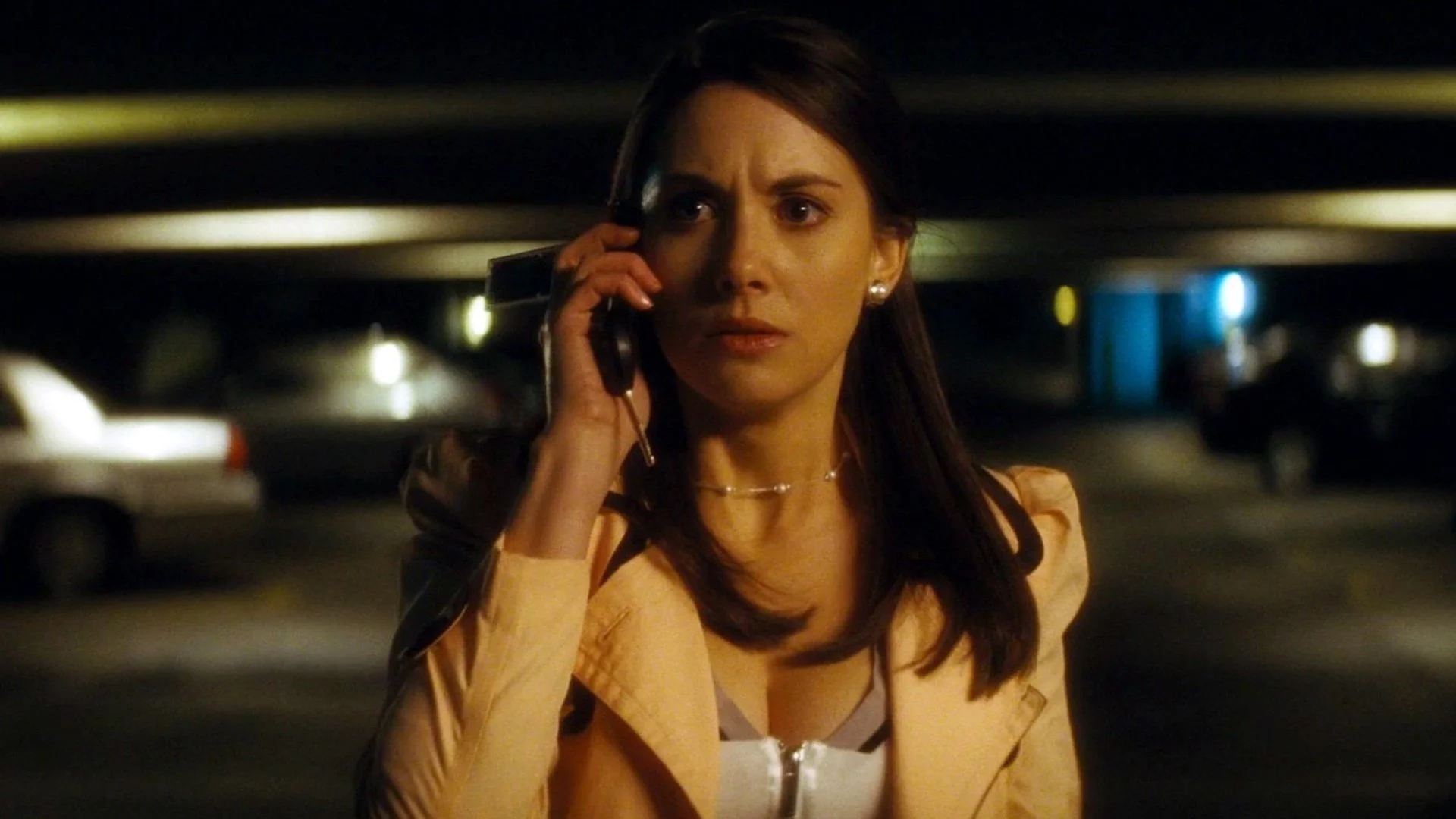In recent decades, African cinema has made its way beyond the festival circuit. In addition to productions from the Maghreb, which has a more solid industry, feature films such as the Mauritanian ‘Timbuktu’, the Senegalese ‘Atlantique’, the Ethiopian ‘Difret’, the Ivorian ‘La noche de los reyes’ or the Kenyan’ Supa Way’. Coming from Chad, ‘Lingui. Sacred Bonds’, which reaches the commercial halls after passing in the Official Selection of the 74th Cannes Film Festival and directed by Mahamat-Saleh Haroun, one of the most famous directors of the Central African country.

In the midst of the social debate after what happened by the Supreme Court of the United States, which repealed the right to abortion and leaves each state the faculty to legislate on it, a film is now released that reminds us that, in other countries, c ‘is such a debate because women have no rights in this area, as is the case Chad, which has a 40% Muslim population and where abortion is prohibited by law, granting himself only in case the mother’s life is in danger. In fact, in the country is punished with five years of imprisonment for any woman who causes an abortion as well as for anyone who helps to perform itin addition to the fine and the loss of license in the case of doctors.
A harsh reality in the Central African country, where 44% of women have undergone genital mutilation, according to UNICEF data. With which, the message that Haroun launches is direct, clear and concise, recounting the search for Maria, a 15-year-old teenager, to have an abortion after being raped by her neighbor and like her mother, Amina, initially reluctant to help her, finally becomes his main support. Haroun, who fled to France in the 1980s due to a series of civil wars in Chad and the rise of jihadism, is betting on her first all-female feature.

A tribute to those women who fight for their rights in the most inhospitable places
The structure of the film is similar to that of ‘The Event’in which Audrey Diwan harshly portrayed a university student’s search for an abortion in France in the 1960s. Haroun brings that anxiety, as well as the fear and anguish of a young woman who sees her life turned upside down, not just because she has an unwanted pregnancy, but because of the trauma her rape left on her. The director highlights the continuing violence suffered by women in the countrywhere polygamy is accepted and sexist violence is socially accepted.

However, despite the harshness of its history, in which it exposes the machismo of Chadian society, as well as the harsh repression of an invasive Islam in privacy, Haroun offers a light of hope by supporting a story with an optimistic outlook, whose strength lies in the fraternity that is born among women. This is seen in the evolution of Amina, beautifully portrayed by Achouackh Abakar Souleymane, from being an oppressive mother to learning from her daughter and seeking her own liberation. In this aspect, Maria, played by Rihane Khalil Alio, has a support that was not present in Diwan’s film, which invites ‘Lingui’ to be another kind of reflection.
Haroun is right when it comes to portraying the harshness of a reality in which women lack even the most basic rights., which reminds us that the struggle of feminism is far from achieving equality in the world. On the other hand, it offers a prospect of hope thanks to female fraternity and its ability to create gaps in an oppressive and patriarchal society. “Lingui” lives up to its name, as it emphasizes that those sacred bonds are what women have with each other when it comes to helping each other. A film that once again shows the social commitment of a director who has fully established himself as one of the fundamental figures of current African cinema.
Note: 8
The best: How powerful is her message and how important it is to see stories of women’s fraternity from Africa.
Worse: He sacrifices any artistic risk so that his social message reaches a wider audience.
Source: E Cartelera




